Founded in 2013 in Adelaide, South Australia, Makers Empire is an education technology company that makes market-leading 3D design software and accredited professional learning programs for teachers.
Makers Empire helps teachers improve their students’ spatial reasoning skills (a key indicator of future STEM success) and interest in STEM, and reduce their STEM anxiety. Makers Empire’s products are aligned with international Design & Technology curriculum and ideal for use in project-based learning.
Makers Empire’s 3D tools are backed by UniSA and Macquarie University research, and certified by Education Alliance Finland for pedagogical quality. Makers Empire is certified as a B Corporation™ demonstrating the company’s commitment towards being a force for good.
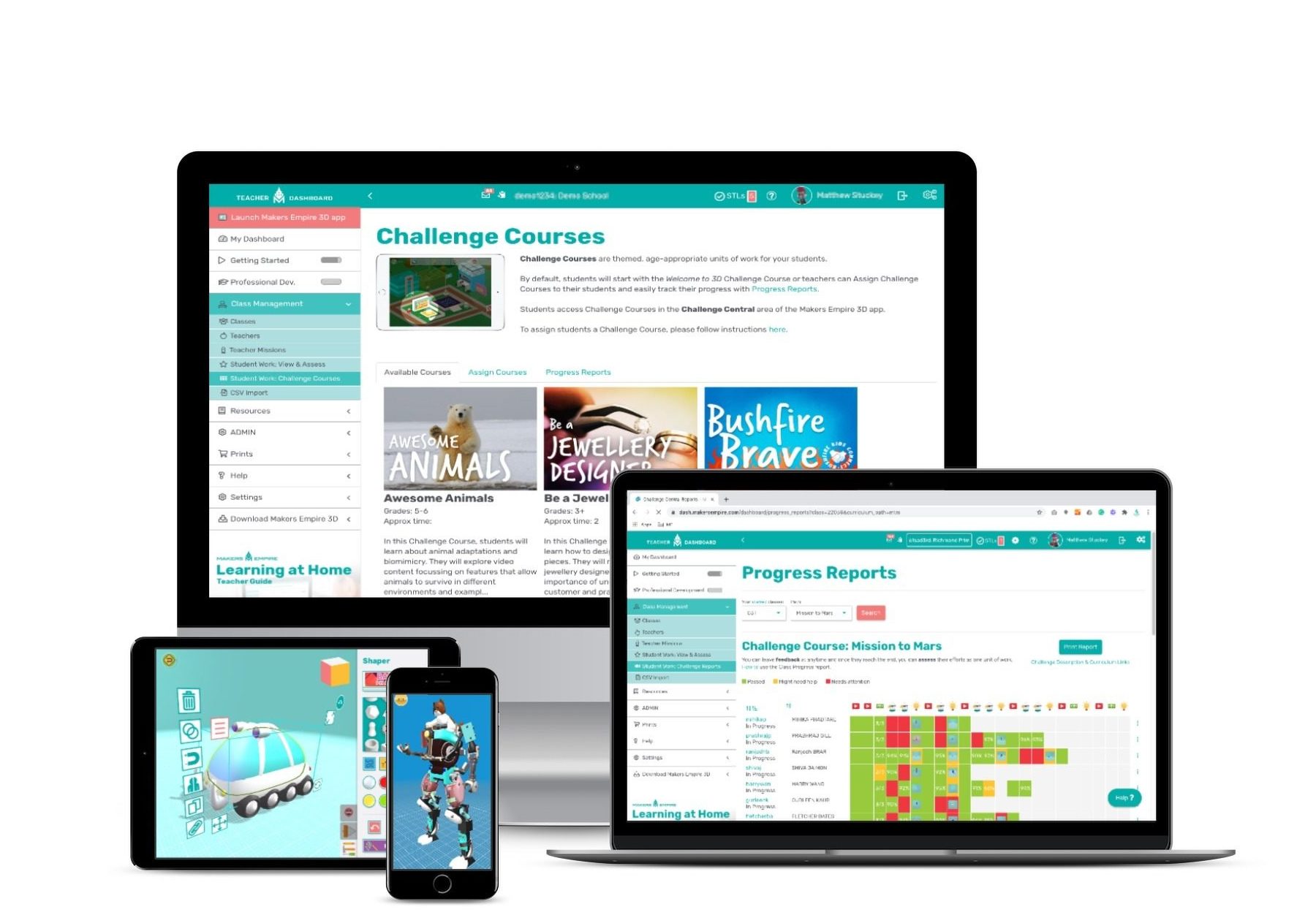
Globally, there is a shortage of STEM workers, hindering potential economic prosperity and innovation. Moreover, there is a sizeable gender gap: women make up only 28% of the STEM workforce in America and 27% in Australia, with similar gaps in other countries.
Makers Empire seeks to help solve these two problems.
Research has long shown that a person’s spatial reasoning skill is a key indicator of their future STEM success. Spatial reasoning is the capacity to establish relationships between objects and understand how they interact and look from different perspectives and environments. It is a key skill for jobs in STEM and can be improved but, until recently, we have had no way to measure it in children or to track changes.
Now, 2022 Australian research using a recently developed spatial reasoning measuring instrument shows that using Makers Empire helps primary students significantly improve their spatial reasoning skills as well as reducing STEM anxiety and improving attitudes towards STEM.
Moreover, improvements in spatial reasoning skills were more pronounced in females. There was also a significant improvement in female students’ self efficacy – that is, they believed in their own abilities more, which is an important factor in STEM engagement.
Girls that enjoy STEM subjects in primary and elementary school grow into young women who are more likely to study STEM subjects in high school. This provides a pathway to a STEM-related degree at college or university and a career in a STEM-related field. So getting young girls interested in STEM is critical for solving this gender imbalance.
Makers Empire makes market-leading, curriculum-aligned products for schools. Students use our fun and easy to use gamified 3D design app proven by research to improve STEM learning outcomes in students. Teachers use the accompanying Teacher Dashboard, which houses class management and assessment tools, 150+ curriculum-aligned lesson plans, professional development, teacher resources, videos, and more.
Makers Empire also partners with education departments, school districts, corporate sponsors, trusts & foundations, education offices, education & training organisations, and community organisations to deliver custom school industry programs and education outreach programs to groups of schools. Makers Empire has delivered STEM programs and 3D technology to groups of 200+ schools in Australia, the USA and the UAE.

The Makers Empire 3D design app is the world’s most fun and easy to use 3D design app, built specifically for 5-15YO children. Within an immersive, fun and safe learning environment, children of all skill levels are motivated to create, learn, collaborate and share their designs. Plus, student progress and rewards are linked to effort, mastery of new skills and participation in positive interactions.
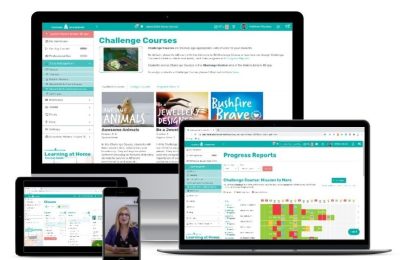
The Teacher Dashboard includes all the planning, class management and assessment tools and resources teachers need to teach effectively and efficiently teach with 3D. Teachers can access curriculum-aligned challenge courses and lesson plans, or create their own design missions. Teachers are empowered with professional development and class management and assessment tools.
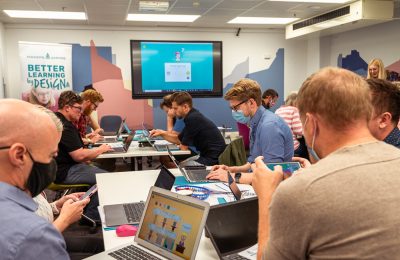
We build teacher capacity using evidence-based maker pedagogies and support teacher understanding of design thinking in addressing curriculum outcomes via our accredited Learning by Design course. We deliver customised PD via STEM, school industry & education outreach programs for education departments, training organisations, corporate sponsors and trust & foundations.

Delivered via the Makers Empire 3D design app, Challenge Courses provide am engaging, complete design program for students and can be easily assessed by teachers using built-in assessment tools. Comprised of videos, tutorials, quizzes and challenge courses, Challenge Courses are aligned to curriculum outcomes, centred around a theme and are designed to take 4-10 weeks to do.
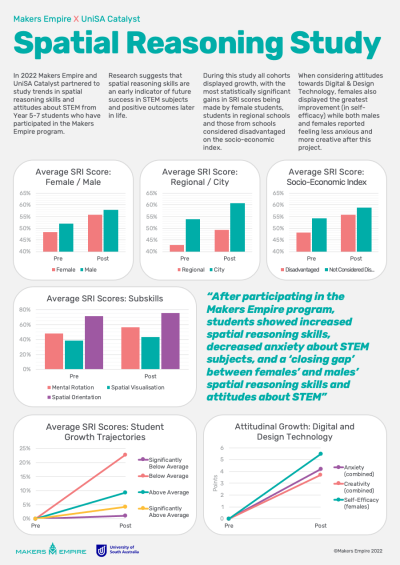
A number of research studies in Australia and America have demonstrated the impact that Makers Empire’s approach to learning is having on learning outcomes for students.
2022 UniSA research shows that Makers Empire helps improve students’ spatial reasoning skills (the key indicator for future STEM success), decrease STEM anxiety, and help close the gender gap in STEM learning.
Makers Empire was also the subject of a 12-month Macquarie University research study into the use of 3D technologies in primary school makerspaces. The study showed compelling learning benefits for both students and teachers.
To make fun and easy to use 3D design software to develop children’s spatial reasoning skills, creative confidence, design thinking skills and interest in STEM.
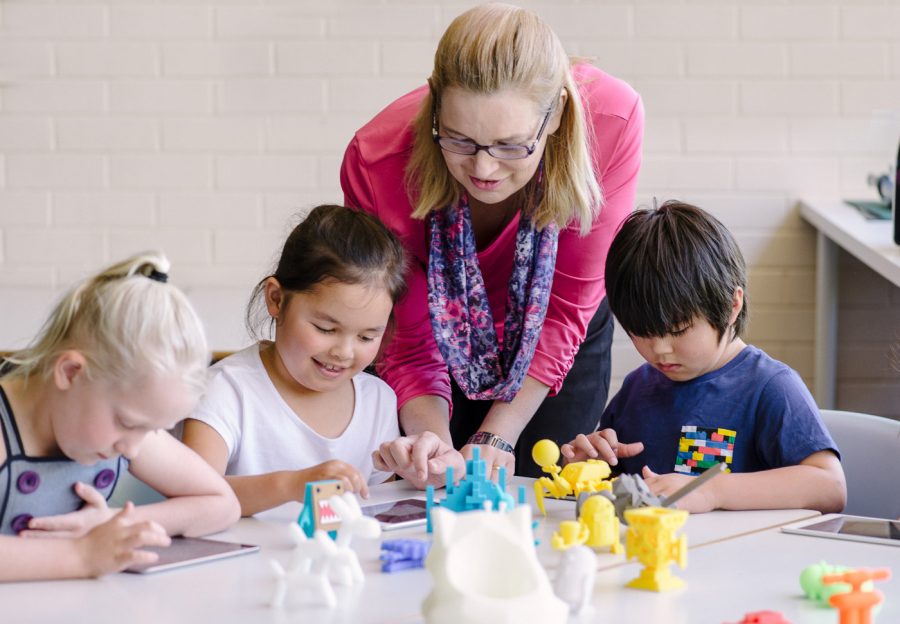
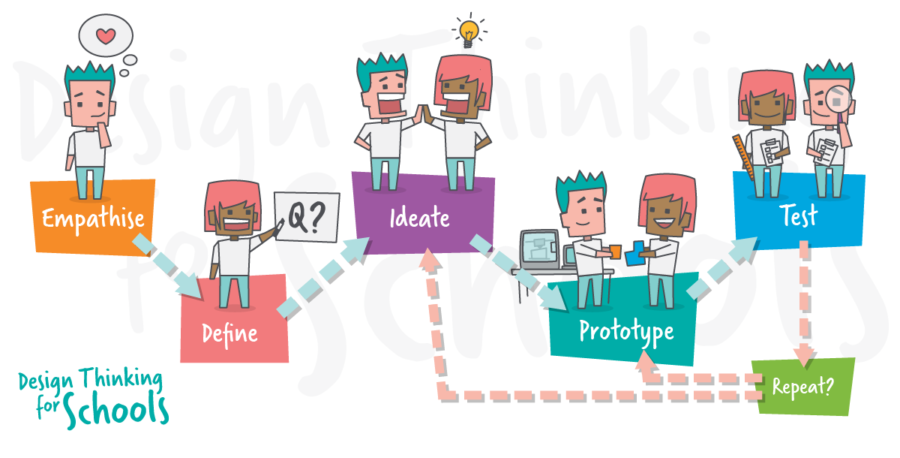
“Design Thinking is a way of thinking and working that helps us to define and solve problems. It is a non-linear, iterative and human-centred process that helps us to reframe problems as opportunities,”
Mandi Dimitriadis
Director of Learning, Makers Empire
Makers Empire began with an idea and two friends. Over the years, that idea turned into something bigger than we could have imagined.
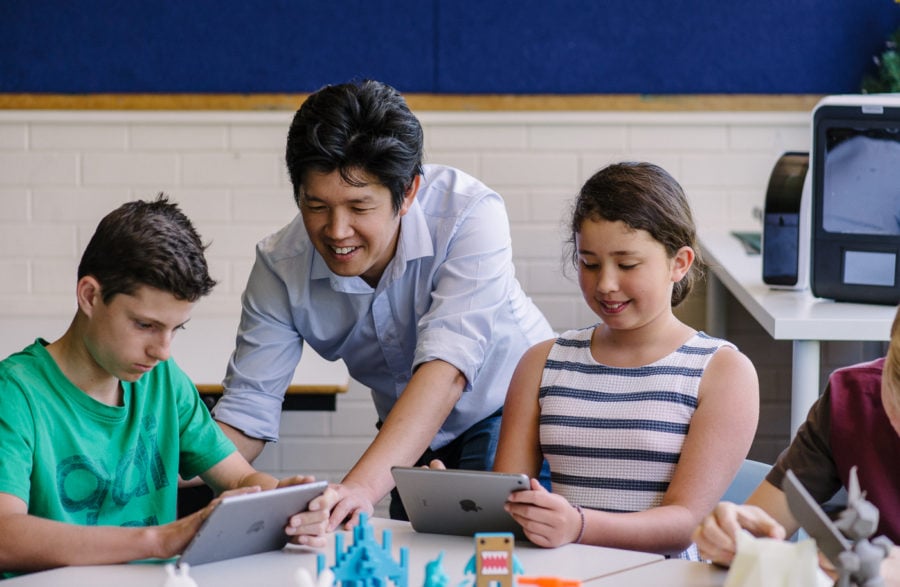
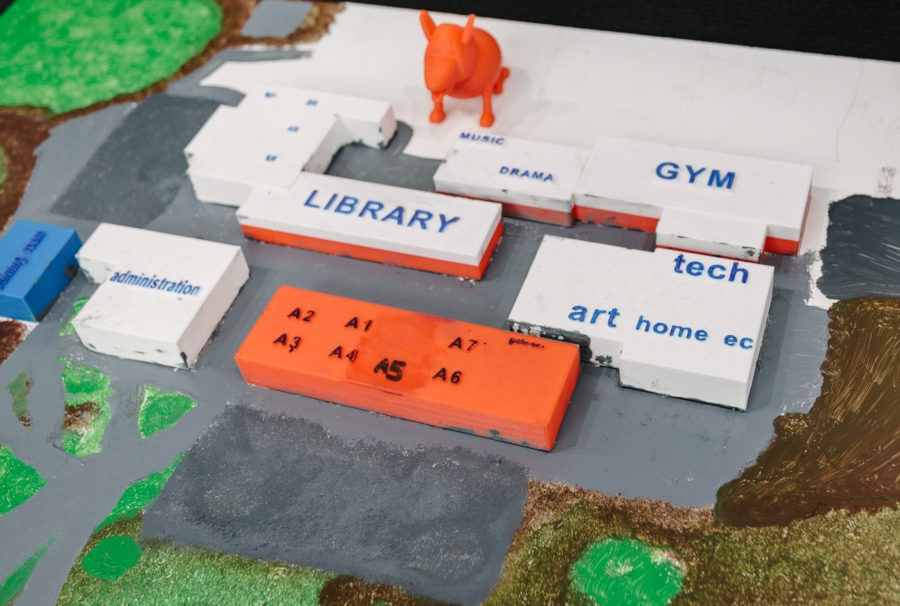
We currently work with more than a thousand schools, 70,000+ educators and 3.7 million students in 50+ countries. We have successfully delivered Makers Empire and 3D technology to groups of 200+ schools in Australia, the USA and the Middle East.
We are a mix of dedicated and experienced educators, developers and business managers. Most of us are parents of school age or pre-school age children. We all believe in the power of education to transform lives. We are all passionate about making a difference.
Makers Empire’s pioneering work has been recognised by EdTech, business and social impact awards, partnerships with education departments, education ministries, school districts and universities, endorsements from standards authorities, grants from government and charitable trusts, and recommendations from education technology experts.

Please wait while you are redirected to the right page...